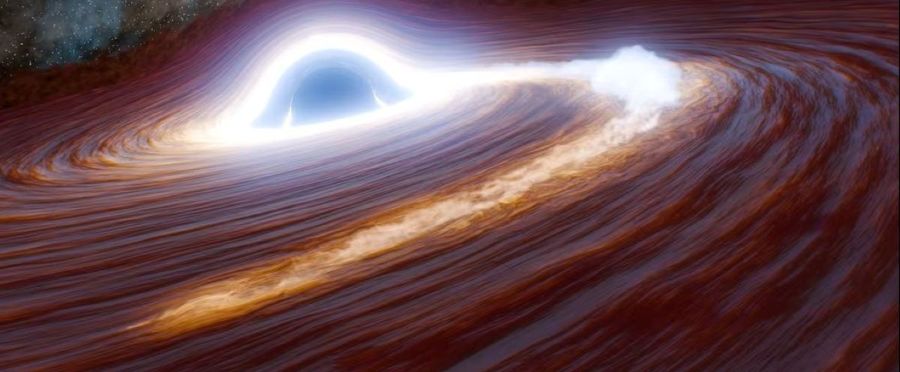Japan's astronomers have charted a milestone in space exploration as they have managed to observe the largest black hole flare ever. This notable incident was not seen in any other corner of the universe before. The level of precision required for this observation bears testimony to the sophistication of Japan's astronomical equipment and their commitment to unearthing mysteries of the universe.
Space-observation research, especially concerning black holes, is a testament to Japan's commitment to fostering scientific advancement. The community is largely appreciative of such breakthroughs, as breakthroughs in space research are seen as signs of Japan's growth in science and technology. Given that Japan attaches significant importance to education and advancement, such news is received with much interest and appreciation.
In the US and the EU, the reaction to such news would likely be similar. Space research, particularly around black holes, is viewed with much enthusiasm. However, the funding and approach to such research may be different. For instance, the US NASA and the EU's European Space Agency may have higher budgets or different methods of exploration compared to Japanese agencies, but the interest in black hole observation is universally shared.

